- Suggested Age Range: 9- 10 years; 10- 11 years; Adult
- UK Curriculum: Key Stage Two (Upper)
- Suggested UK Year Group: Year Five
- UK Primary Curriculum Link: States of Matter; Earth and Space
- Science Subject: Stars
- Science Question: What are Stars? What are Constellations?
- Suggested Science Activity: Constellations
- Children with SEND: Use to boost speech and language development
- EAL children: Intermediate Level
- Country of Origin: England
- Source: https://7stars.co.uk/ – brief account of Bristol’s role in Abolition of Slave Trade
If you go the city of Bristol, in the United Kingdom, which is my home…
If you walk down the cobbled path that lead to and from the old port…
You might just discover, down a forgotten street, a small inn, called The Seven Stars.
Named after the constellation “The Drinking Gourd”, “The Big Dipper” or “The Plough”
Why? Read on …
In 1800’s, the landlord of this pub, was called Thompson and he used to serve all the sailors from the ships that docked in the port near his home. At the beginning of the night, they would boast of the places they had been to, India for tea, China for silk, sugar from America.
But then, as the night grew longer, and the sailors drank a little more, the stories they told grew darker. In a furtive whisper, they told of the places, they should not have been – as part of the slave trade to and from Africa.
They told – how the ship’s owners had filled the holds of their ships full of people, piled on top of one another, like slabs of meat. How they had kept them there for days, with no air, food or water. And of how, because of the terrible conditions in which they were forced to live, many of them had died. And how, in the dead of the night, so no-one would know, their bodies had been thrown overboard in the sea, before the ships came into the port of Bristol.
At first Thompson didn’t believe them.
Everyone knew that the merchants of Bristol didn’t trade in people. Or did they?
The rich merchants of Bristol were not to be argued with. They ruled the town.
How could he stand against them?
They owned him and his inn, his livelihood and his home.
But the stories of those poor slaves trapped in the hold, haunted him.
So many of them had died, unknown. So far from home. Who cared about them?
And so, Thompson decided, on the nights of the Dark Moon, when no Moon was visible in the Sky, to meet the sailors down at the docks, where their ships were berthed.
Where, in secret, they showed him, the holds in the shop, where the people had been hidden. And, in secret, they told him of all their ships’ crimes. As the sailors talked, he wrote their testimonies down, for the sailors could not write.
And Thompson took these testimonies to the one man who would believe him, Thomas Clarkson. Thomas Clarkson had campaigned against the evils of slavery, for a very long time. But he had no proof. Thompson’s testimonies, the written evidence he had collected from the sailors, gave Clarkson the proof he needed.
Clarkson passed these stories onto William Wilberforce, who read them out in Parliament. And – on the basis of these sailors’ testimony, and Thompson’s bravery – the law was passed to abolish slavery from Britain’s ports.
And Thompson’s pub, was renamed “The Seven Stars”, after the seven stars that make the shape of the constellation that the slaves from the Southern States of America followed to freedom, in honour of the risks he took to save people he had never seen.
Follow the drinking gourd, follow the drinking gourd
For the old man waits to carry you to freedom,
Follow the drinking gourd
For more information about how slaves followed the stars to freedom
http://www.northern-stars.com/Follow_theDrinking_Gourd.pdf
For more information about Bristol’s role in the Slave Trade and the Abolition:
https://www.brh.org.uk/site/articles/seven-stars-slavery-and-freedom/





